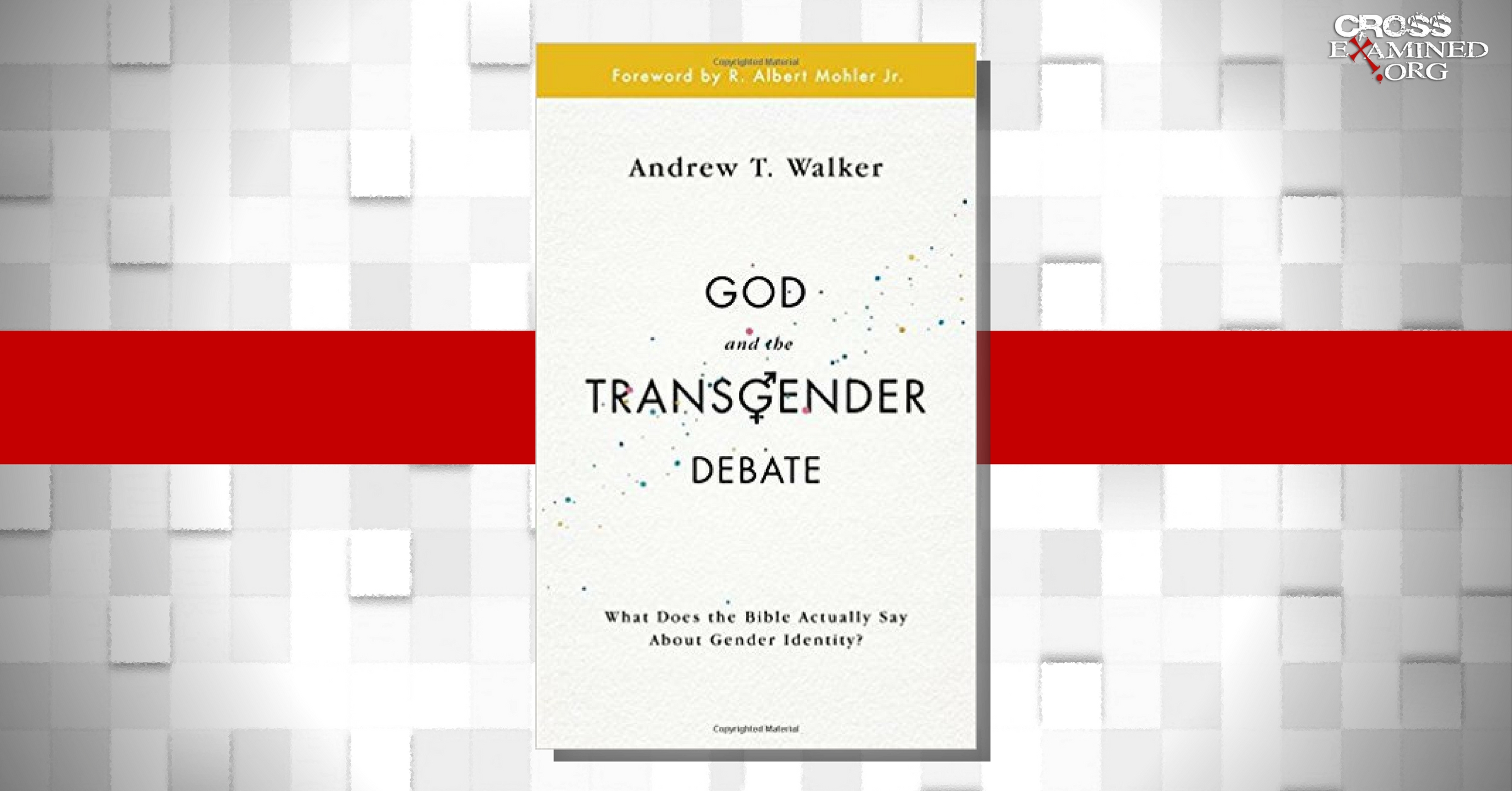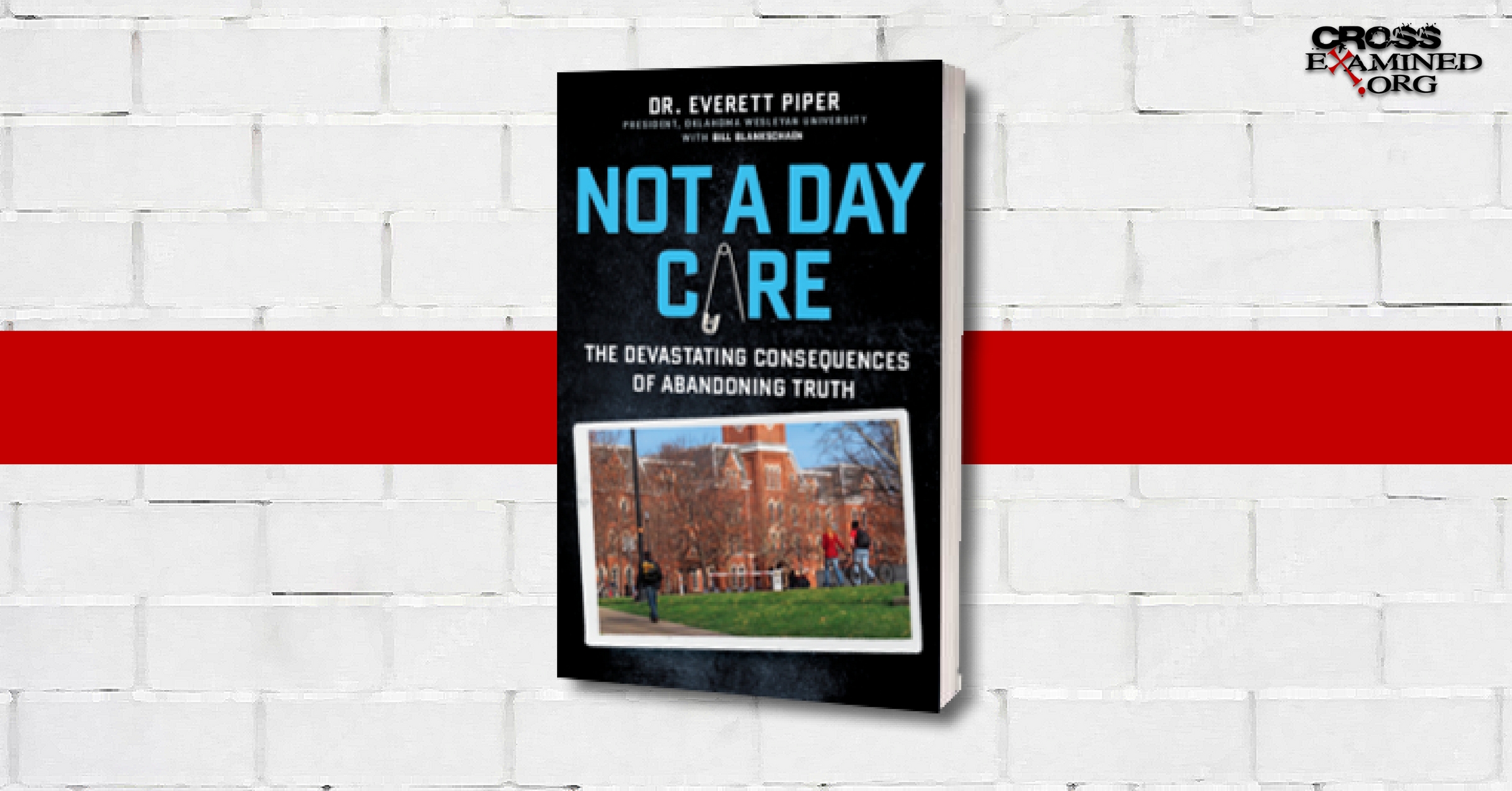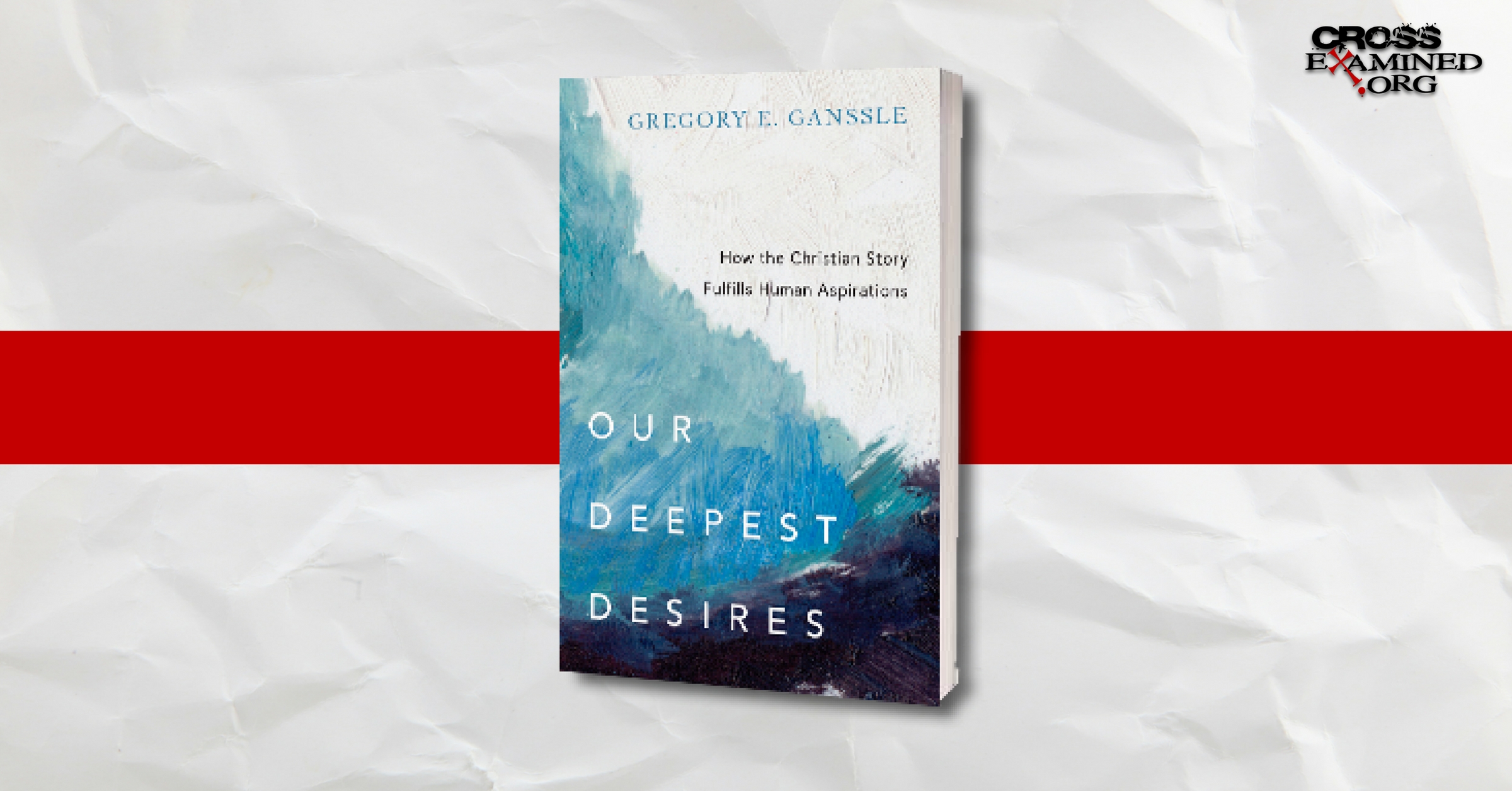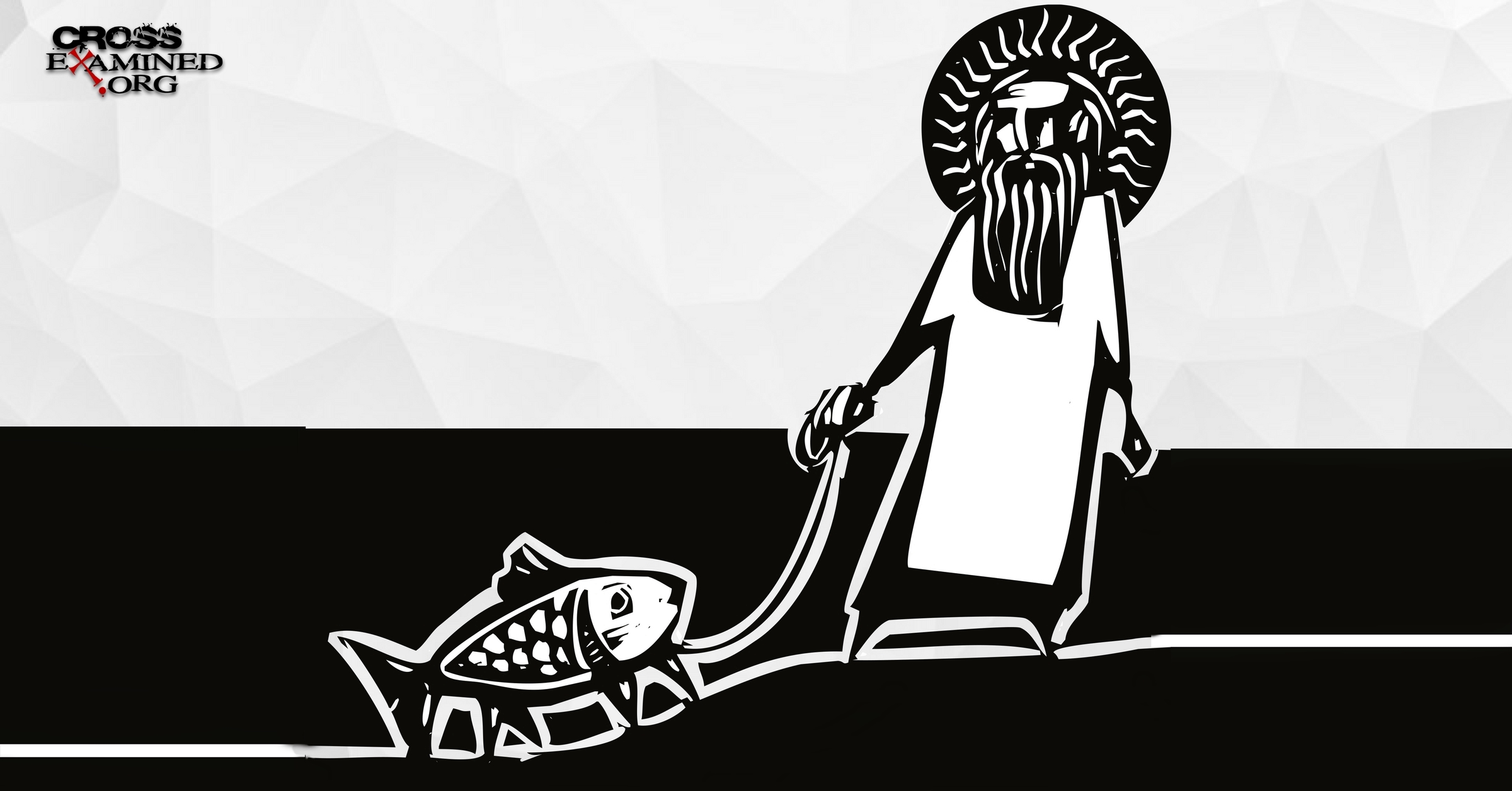For the past three years I have been helping my father update his classic book Evidence that Demands a Verdict. There is no doubt that the evidence for Christianity has grown substantially since the book first released in 1972.
Since I have been working on this book people have been increasingly asking me, “What do you think is the most powerful evidence for the Christian faith?” While I do think the historical evidence for the resurrection of Jesus, the textual evidence for the reliability of the Bible, and the scientific evidence for a designer are persuasive, these are not the most powerful evidences.
So, what is it? At the beginning of Evidence, my father and are clear that we believe there is a more powerful apologetic—a clear, simple presentation of the claims of Christ and who he is, in the power of the Holy Spirit. Here is how my father explains it in the introduction:
For my (Josh’s) philosophical apologetics course at Talbot Theological Seminary, everyone had to write a paper on “The Best Defense of Christianity.” I found myself constantly putting it off and avoiding writing it, not because I didn’t have the material but because I felt I was at odds with what the professor was expecting (an expectation based on the ream of my lecture notes from his class).
Finally, I decided to voice my convictions. I began my paper with the sentence, “Some people say the best offense is a good defense, but I say to you that the best defense is a good offense.” I proceeded by explaining that I felt the best defense of Christianity is a “clear, simple presentation of the claims of Christ and who he is, in the power of the Holy Spirit.”
Then I wrote out the “Four Spiritual Laws” and recorded my testimony of how, on December 19, 1959, at 8:30 p.m., during my second year at the university, I placed my trust in Christ as Savior and Lord. I concluded the paper with a presentation of the evidence for the resurrection.
The professor must have agreed with my approach that the best defense of Christianity is a clear and compelling presentation of the gospel, for he gave me an A.
William Tyndale was right in saying that “a ploughboy with the Bible would know more of God that the most learned ecclesiastic who ignored it.” In other words, an Arkansas farm boy sharing the gospel can be more effective in the long run than a Harvard scholar with his intellectual arguments.
Although it may surprise some people, since my father is known for presenting “evidences” for the faith, he has always lived by this principle. I have seen him present the evidence for Christianity on countless occasions, but his goal is always to bring it back to the gospel. After all, it is the gospel that has the power to set people free.
We hope you enjoy the updated Evidence. But just remember: It’s not the evidence alonethat changes lives. Apologetics is one critical tool God can use to draw people to Him. We are to be ready with an answer for our faith (see 1 Peter 3:15). But when it is all said and done, the most powerful apologetic is a clear and compelling presentation of the gospel in the power of the Holy Spirit.
Sean McDowell, Ph.D. is a professor of Christian Apologetics at Biola University, best-selling author, popular speaker, part-time high school teacher, and the Resident Scholar for Summit Ministries, California. Follow him on Twitter: @sean_mcdowell and his blog: seanmcdowell.org.










